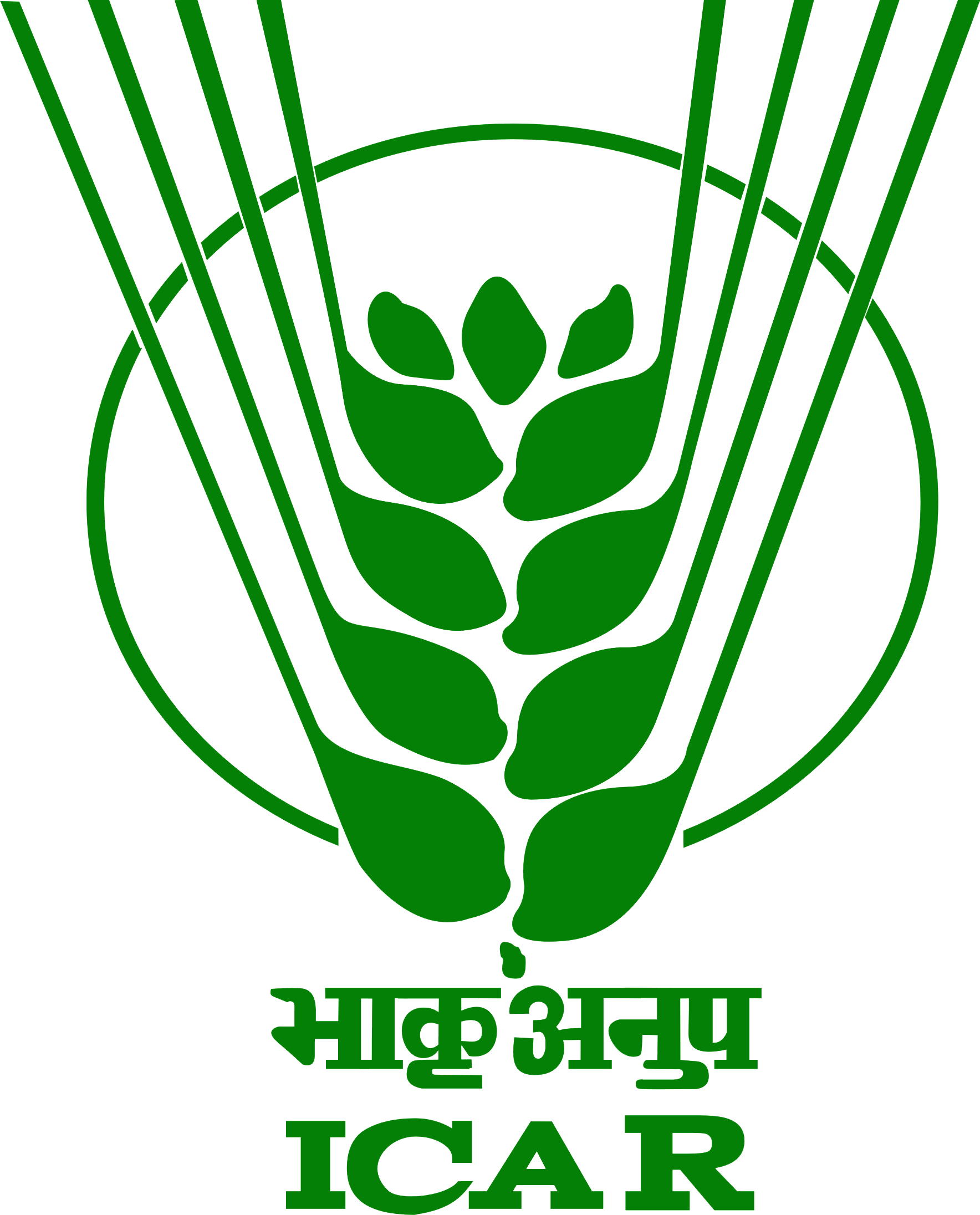
Vasant Prakash Vikas Pratishthan's
Krishi Vigyan Kendra,
A/p. Kanchanpur, Taluka - Miraj, Dist. Sangli-416306
|
Krishi Vigyan Kendra, A/p. Kanchanpur, Taluka - Miraj, Dist. Sangli-416306
|
|
Krishi Vigyan Kendra, Kanchanpur, Samgli (MS) is a district level Farm Science Center established by the Indian Council of Agricultural Research (ICAR), New Delhi & managed by the Vasant Prakash Vikas Pratishthan, Sangli for speedy transfer of technology to the farmer’s field. The operational area of this Krishi Vigyan Kendra (KVK) comes under the western Maharashtra dry zone. Established in 1992, this KVK aims at assessment, refinement & demonstration of technology/products. The mandated activities of this KVK include conducting on – farm trials to identify the location specificity of technologies under various farming systems, frontline demonstrations to establish the production potentials of improved technologies on the farmers fields, training of farmers to update their knowledge & skills, and training of extension personnel to orient them in the frontier areas of technology development. Seed & planting materials produced by this KVK are made available to the farmers. Large numbers of extension programmes are organized by this KVK to create awareness about improved technologies to the farmers.
1. To conduct “On Farm Testing” for identifying technologies in terms of location specific sustainable land use systems. 2. To organize “Front Line Demonstrations” on various crops to generate production data and feedback information. 3. To organize training to update the extension personal with emerging advances in agricultural research on regular basis. 4. To organize short and long term vocational training courses in agriculture and allied vocations for the farmers and rural youth with emphasis on “learning by doing” for higher production on farms and generating self employment.
The application of technology in the farmers’ field is achieved through conducting of On-Farm Trial which include technology assessment and refinement. The proven and recommended technologies are then introduced in the system through conducting of frontline demonstrations followed by training programmes to empower the farmers, field extension personal and rural youths for its adoption. The extension activities such as field day, exhibitions etc. are conducted to disseminate the technologies across the system.
1. To plan and conduct survey of the operational area through Participatory Rural Appraisal (PRA) methods and characterize physical and human resources with special reference to identify the technological and training needs of the farming community. 2. To compile all relevant recommendations/package of practices for the district to be meaningfully utilized in the training programmes and the follow-up extension activities. 3. To plan and conduct production-oriented and need-based short and long duration training courses both on the campus as well as in the villages for various target groups with priority on the resource poor sections. 4. To organize Farm Science Clubs in order to inculcate in the younger generations a scientific temper and an interest on agriculture and allied sciences and for scientific farming through supervised individual and group projects. 5. To develop and maintain the campus farms and demonstration units on scientific lines as the facilities for providing work experience to the trainees, dissemination of the latest technical know-how and also as a means to achieve financial sustainability in due course of time. 6. To provide practical training facilities of the Kendra to the teachers and the students of vocational agriculture of the higher secondary schools. 7. To provide added training facilities in the area for home making and nutrition education for rural communities and gradually enlarging the training facilities to encompass other important areas such as home/rural crafts and cottage industries with the requirements of the integrated rural development in collaboration with the concerned organizations. 8. To implement all such schemes of the ICAR and other related organizations which intend to strength the training and technology dissemination programmes as well as follow-up extension activities of the Kendra. 9. To undertake on-farm testing of the technologies developed by the National Agricultural Research System (NARS) in agriculture and allied fields for their suitability and identifying the constrains. 10. To demonstrate the potentialities of various technologies and recommend for their adoption in maximizing yield/income per unit of time and area under different resource conditions.
|